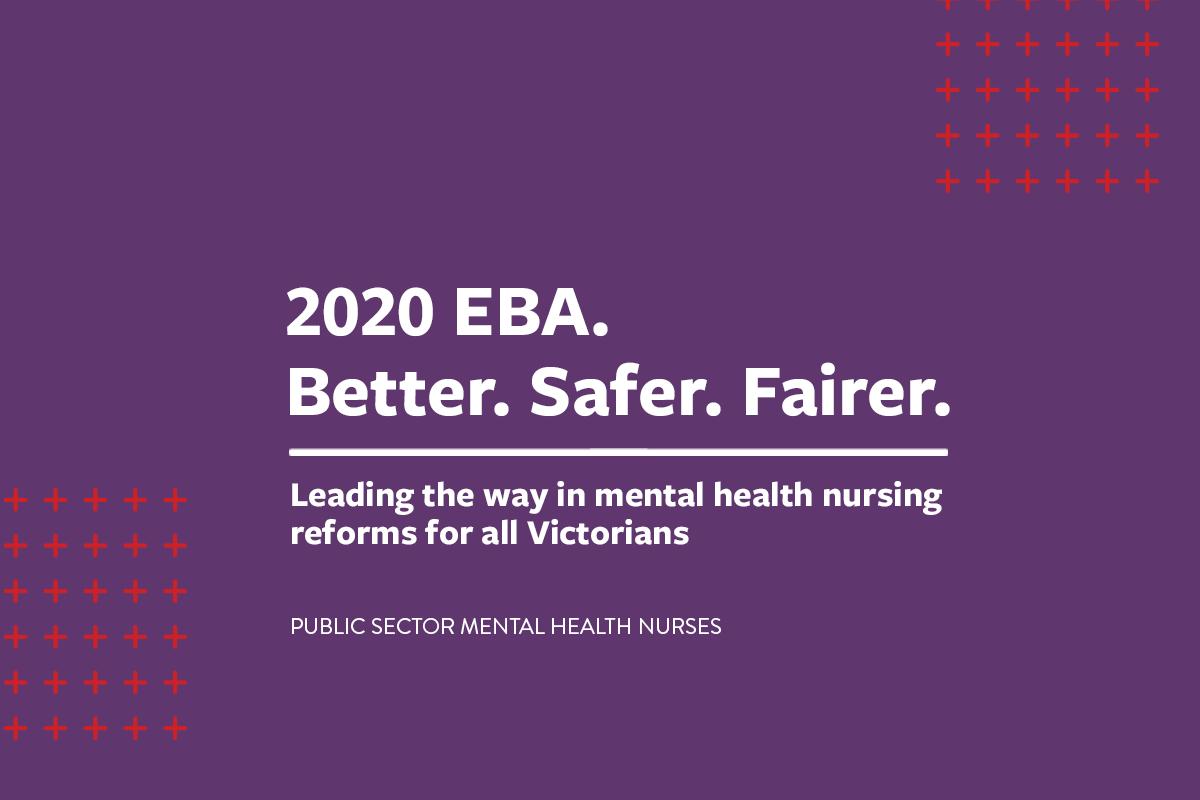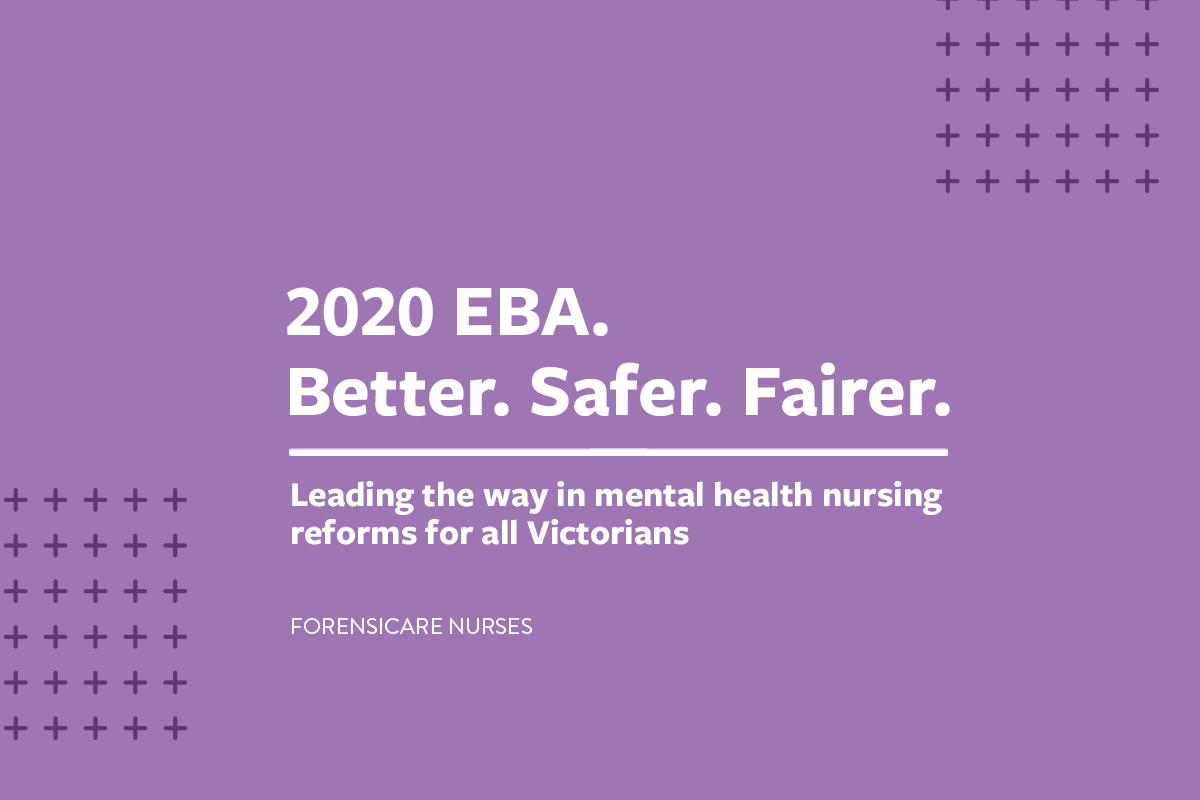
A pioneering study of the prevalence of partner and family violence against Australian female health professionals, including nurses and midwives, has found that one in nine had experienced partner violence within the previous year, and 45 per cent have experienced violence from a partner or family member during their lifetime.
Around one in ten of the female health professionals surveyed had been raped by a partner.
Lead researcher Elizabeth McLindon from the University of Melbourne and the Royal Women’s Hospital said the study had important implications, particularly as healthcare workers often provided frontline support for patients experiencing partner and family violence.
Ms McLindon co-authored the research paper “It happens to clinicians too”: an Australian prevalence study of intimate partner and family violence against health professionals with University of Melbourne Professor Kelsey Hegarty, Director of the Centre of Family Violence Prevention at the Royal Women’s Hospital, and University of Melbourne Professor Cathy Humphreys. The paper was published in BMC Women’s Health.
The health workers’ experience of intimate partner violence substantially exceeds that of the broader Australian population, the researchers say. Previous research has found that 25 per cent of Australian women had experienced physical or sexual intimate partner violence during adulthood, and 2.1 per cent had experienced fear of, or violence from, their partner in the last 12 months.
Nearly 70 per cent surveyed were nurses and midwives
The research was conducted in a large Australian tertiary maternity hospital with 471 female nurses, midwives, doctors and allied health professionals responding to a survey. Thirty-one per cent of the health professionals surveyed were nurses and 36.6 per cent were midwives.
In their report, the researchers note that survivors of intimate partner violence present to healthcare services more than other women. While health professionals are increasingly recognised as having an essential role in identifying intimate partner violence and providing a response, there is little recognition that this could also be triggering for health professionals.
‘Healthcare organisations rarely consider what it means if the health professional is impacted by fear and violence in their home and are asked to intervene sensitively with patients affected by these same issues,’ the article says.
The researchers recommend developing workplace programs that support health professionals who have a trauma history.
The researchers say little was previously known about the prevalence of violence from intimate partners and family members against female health professionals.
The researchers defined family violence as violence by a family member and/or witnessing of violence between parents during childhood. The proportion of participants who had experienced family violence was 28.4 per cent.
The research also found that:
- One in three participants reported having experienced fear of, or some form of violence from, an intimate partner since the age of 16, with the most common form of abuse being ‘severe combined abuse’ – severe physical, emotional and/or sexual violence (13.8 per cent).
- 12.8 per cent of those who experienced family violence had experienced both intimate partner violence and violence from a family member who was not an intimate partner.
A 2016 survey of 2254 British nurses also found a higher prevalence of experience of intimate partner violence than in the broader population, with 12.2 per cent of nurses having experienced non-physical abuse from a partner within the past 12 months and 3.1 per cent having experienced physical abuse.

